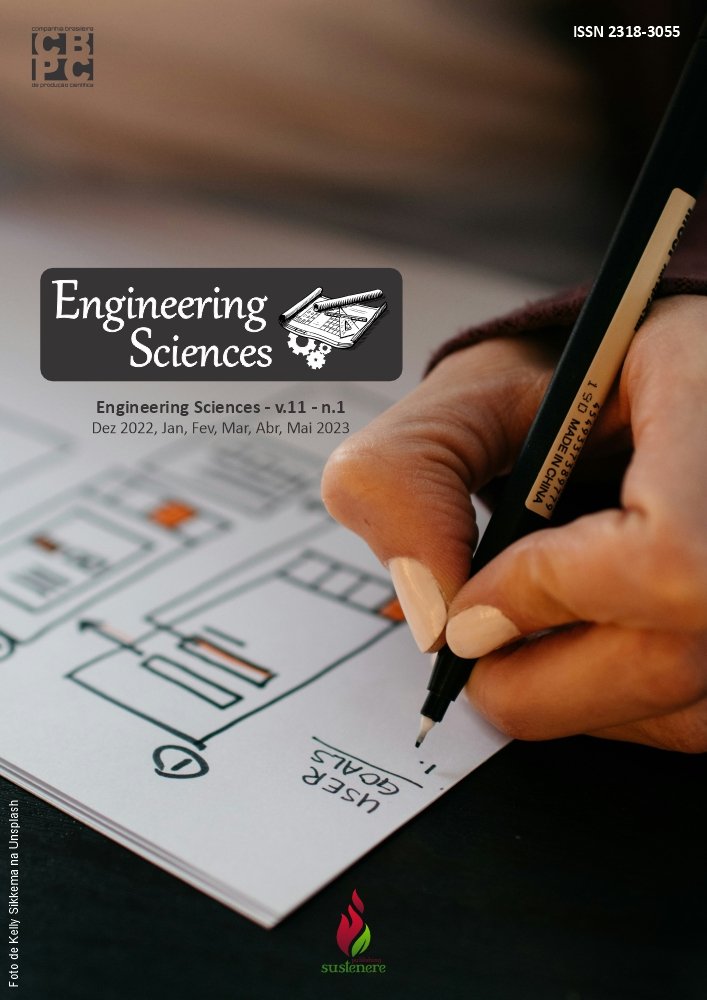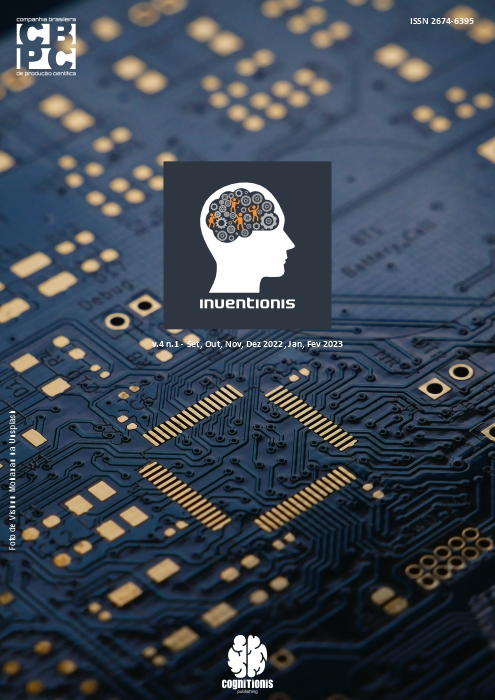Analysis of the economic and environmental effects of corn ethanol production
DOI:
https://doi.org/10.6008/CBPC2318-3055.2023.001.0003Keywords:
Corn ethanol, Biofuel, Economic effectsAbstract
Fossil fuels account for about 80% of all energy produced in the world, including oil, coal and natural gas. Biofuels are derived from biomass and are alternatives to fossil fuels. The production of ethanol from corn has been a growing alternative to fossil fuels, as it is a renewable and biodegradable source of energy. However, producing ethanol from corn also has its negative effects, including competition with food production and the intensification of agriculture, which can lead to environmental problems such as soil erosion and water pollution. The objective of this work is to carry out a bibliographic survey, which addresses the theme Analysis of the Economic and Environmental Effects of Corn Ethanol Production, as well as to study the possible environmental and social benefits caused by use corn-derived ethanol. In the making of this work, a methodological strategy was applied where the flagship is a bibliographical review. We also chose to carry out a narrative review, to condition free access to the experiences of several authors on the researched subject. In addition, the production of ethanol from corn can have negative effects, such as increased food prices and dependence on administrative authority.
Downloads
Downloads
Published
Issue
Section
License
Copyright (c) 2023 Engineering Sciences

This work is licensed under a Creative Commons Attribution-NonCommercial-NoDerivatives 4.0 International License.
The CBPC - Companhia Brasileira de Produção Científica (Brazil CNPJ: 11.221.422/0001-03) the material rights of the published works. The rights relate to the publication of the work anywhere in the world, including rights to renewals, expansions and dissemination of the contribution, as well as other subsidiary rights. All electronically published works may subsequently be published in printed collections under the coordination of this company and / or its partners. The authors preserve the copyright, but are not allowed to publish the contribution in another medium, printed or digital, in Portuguese or in translation.








